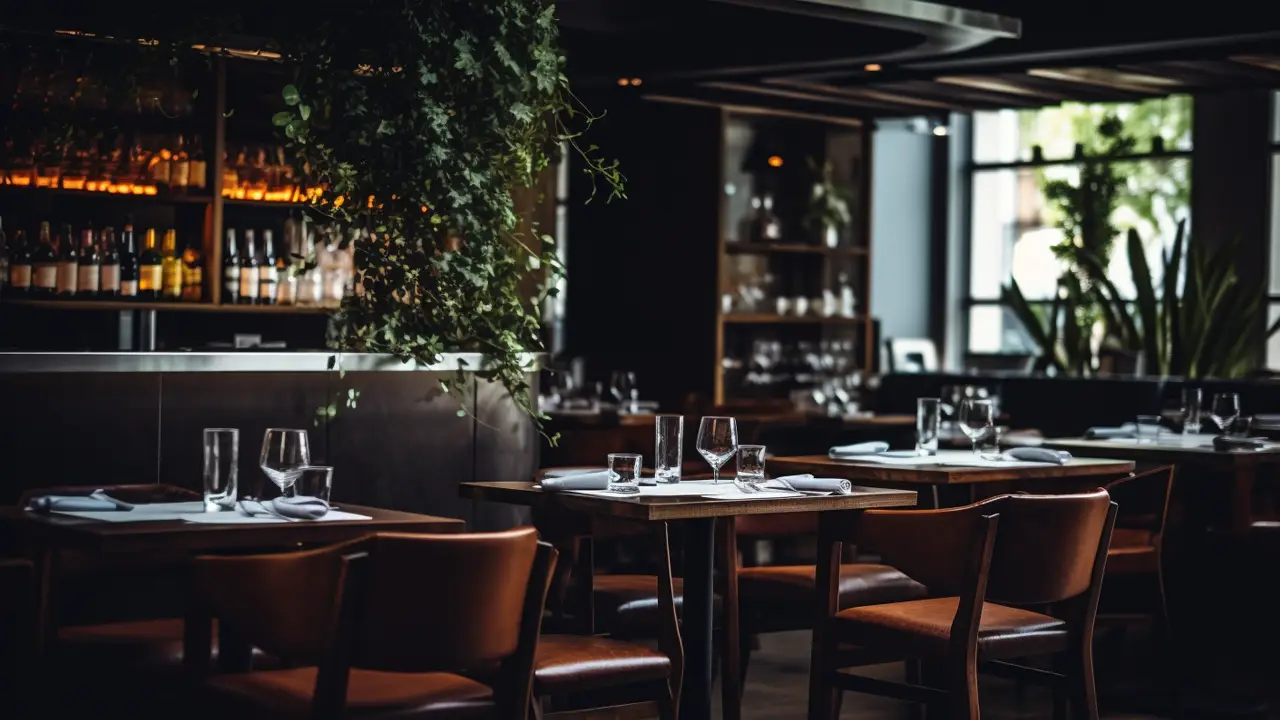Essential Beginner Chinese Phrases: Your First Step to Fluency
Ready to dive into the fascinating world of Chinese? Trust me, I've been there – staring at those intricate characters, wondering how on earth I'd ever make sense of them. But here's the thing: starting with some basic phrases can really get the ball rolling. In this guide, we're going to explore 100 essential Chinese phrases that'll help you hit the ground running. So, grab a cup of tea (or bubble tea, if you're feeling adventurous), and let's get started!
Greetings and Polite Expressions: Making Friends, Chinese Style

Picture this: You're walking down a bustling street in Beijing, and you bump into a local. What's the first thing you say? "你好 (Nǐ hǎo)", of course! It's the universal "hello" that'll instantly bring a smile to anyone's face. But let's not stop there. Here are a few more phrases to add to your friendly arsenal:
- Goodbye: "再见 (Zài jiàn)" – literally means "see you again"
- Please: "请 (Qǐng)" – your magic word for politeness
- Thank you: "谢谢 (Xièxiè)" – never underestimate the power of gratitude
- You're welcome: "不客气 (Bù kèqì)" – literally "don't be polite"
Navigating Your Way: Don't Get Lost in Translation

Alright, you've made it to China, but now what? Whether you're trying to find the nearest subway station or looking for that hidden dumpling shop, these phrases will be your lifeline:
- Where is the bathroom?: "洗手间在哪里? (Xǐshǒujiān zài nǎlǐ?)" – trust me, you'll need this one
- How much is this?: "这个多少钱? (Zhège duōshao qián?)" – perfect for haggling at markets
- I don't understand: "我不懂 (Wǒ bù dǒng)" – it's okay to admit when you're lost
- Do you speak English?: "你会说英文吗? (Nǐ huì shuō Yīngwén ma?)" – sometimes you need a linguistic lifeline
Remember, body language goes a long way too. Don't be afraid to point, gesture, or even draw pictures if needed. I once successfully ordered a coffee by doing an impression of a coffee machine – not my proudest moment, but hey, it worked!
Food and Dining: Eating Your Way Through China

Let's be real – one of the best parts of learning Chinese is getting to explore the incredible cuisine. But if you have dietary restrictions, or just want to make sure you're ordering what you think you're ordering, these phrases are golden:
- I'm vegetarian: "我吃素 (Wǒ chīsù)" – can save you from many accidental meat encounters
- Please reserve a table for two, please: "请给我预订一张二人桌 (Qǐng gěi wǒ yùdìng yī zhāng èr rén zhuō)" – perfect for date night
- Check, please: "买单 (Mǎidān)" – because eventually, you have to pay
Here's a fun challenge: Try ordering your entire meal in Chinese. It might be nerve-wracking at first, but the sense of accomplishment (and the delicious food) makes it all worth it.
Emergency and Health: Stay Safe, Stay Healthy

Nobody likes to think about emergencies, but it's always better to be prepared. These phrases could literally be lifesavers:
- Help!: "救命! (Jiùmìng!)" – hopefully you'll never need this one
- I need a doctor: "我需要医生 (Wǒ xūyào yīshēng)" – because sometimes Google can't diagnose everything
- Where is the hospital?: "医院在哪里? (Yīyuàn zài nǎlǐ?)" – better safe than sorry
A personal anecdote: I once had to use "我需要医生" when I got a nasty case of food poisoning. The phrase worked like a charm, and I was feeling better in no time. So yes, these phrases are worth memorizing!
Making Connections: Breaking the Ice, Chinese Style
At the end of the day, language is all about connecting with people. These phrases will help you start conversations and maybe even make some new friends:
- What's your name?: "你叫什么名字? (Nǐ jiào shénme míngzì?)" – the classic conversation starter
- My name is…: "我的名字是... (Wǒ de míngzì shì...)" – fill in the blank with your name
- I'm from (insert country): "我来自(insert country)... (Wǒ láizì...)" – a great way to share a bit about yourself
Don't be shy about using these phrases. In my experience, locals really appreciate it when you make an effort to speak their language, even if you make mistakes. It shows respect and genuine interest in their culture.
Expanding Your Vocabulary: Beyond the Basics
Now that we've covered the essentials, let's add a few more phrases to your repertoire:
- I like it: "我喜欢 (Wǒ xǐhuān)" – perfect for complimenting food, places, or experiences
- I don't like it: "我不喜欢 (Wǒ bù xǐhuān)" – honesty is the best policy, right?
- Can you help me?: "你能帮我吗? (Nǐ néng bāng wǒ ma?)" – because sometimes we all need a helping hand
- How do you say... in Chinese?: "...用中文怎么说? (...yòng Zhōngwén zěnme shuō?)" – your ticket to learning even more words
Remember, language learning is a journey, not a destination. Don't be afraid to make mistakes – they're all part of the process!
Putting It All Together: Real-Life Scenarios
Let's imagine you're trying to order food at a local restaurant. Here's how you might use several of these phrases together:
- "你好! (Nǐ hǎo!), 请给我预订一张二人桌 (Qǐng gěi wǒ yùdìng yī zhāng èr rén zhuō).
- 我吃素 (Wǒ chīsù), 有什么推荐的菜吗? (Yǒu shénme tuījiàn de cài ma?)"
Translation: "Hello! Please reserve a table for two. I'm vegetarian, do you have any recommendations?"
See how combining these basic phrases can help you navigate real-life situations? It's all about mixing and matching!
Conclusion: Your Chinese Adventure Awaits
Learning these 100 basic Chinese phrases is just the beginning of your linguistic journey. Each word you learn opens up new possibilities for connection and understanding. Remember, fluency isn't built overnight – it's the result of consistent practice and a willingness to step out of your comfort zone.
So, what are you waiting for? Start practicing these phrases today, and before you know it, you'll be chatting away with locals, ordering delicious meals, and navigating Chinese-speaking countries with confidence. Who knows? Your next "你好" could be the start of an amazing friendship or adventure.
And hey, if you're hungry for more, why not check out our course on the 1000 Most Common Chinese Words for Beginners? It's the perfect next step in your Chinese language journey.
加油 (Jiāyóu)! That means "keep going" or "you can do it!" – and trust me, you absolutely can. Happy learning, future Chinese speakers!